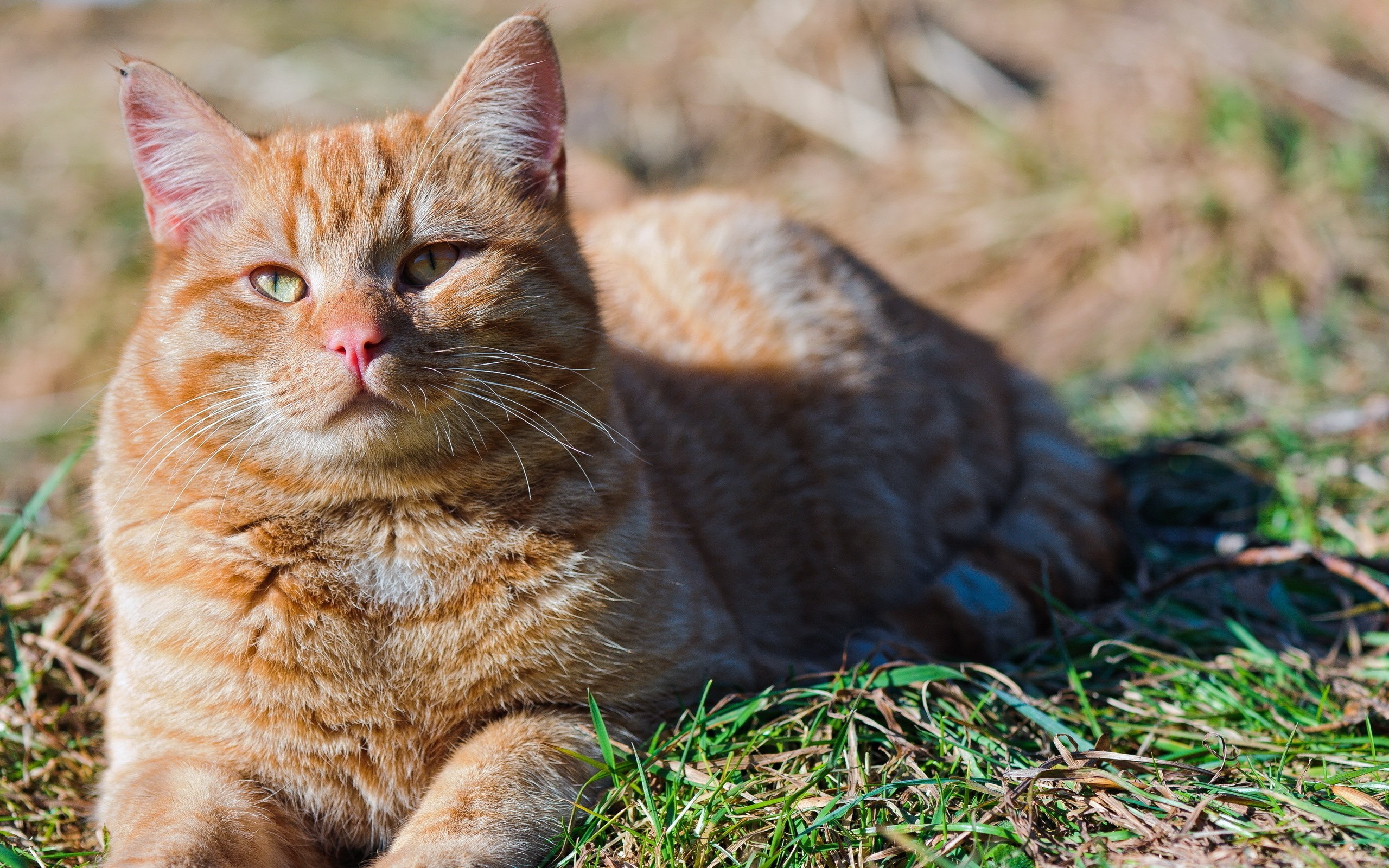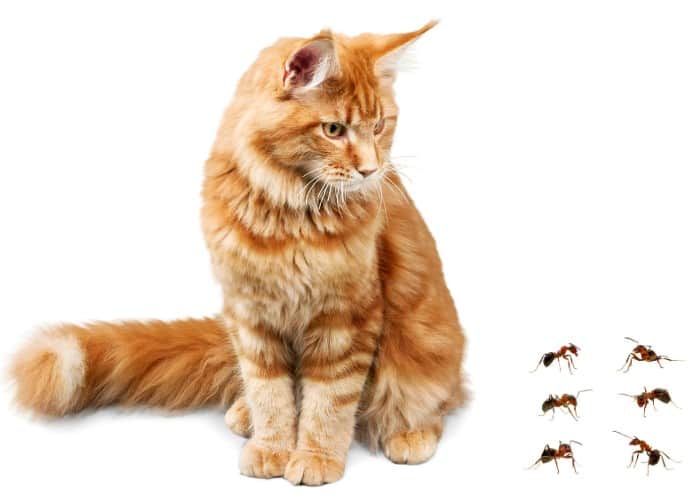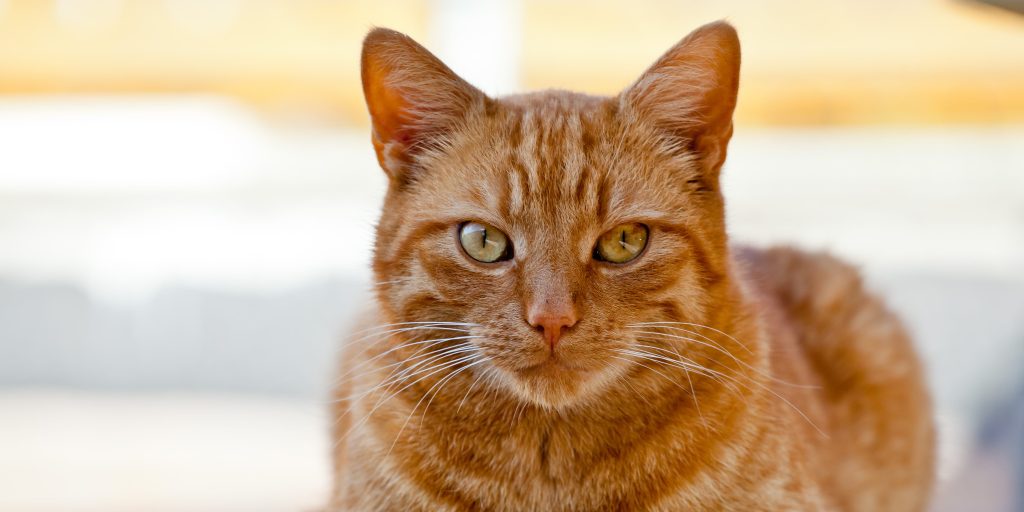Cats are known for their curious and playful nature, often leading them into unusual situations. One such behavior is their tendency to eat ants. While this may seem odd to humans, it’s actually a common occurrence among felines. But what exactly are these “cat ants,” and why do cats engage in this behavior?
In this article, we will explore the phenomenon of cats eating ants, the potential risks involved, and how to keep your feline friend safe.
Understanding the Behavior of Cats Eating Ants

Cats are natural hunters, and their instincts drive them to chase and catch small prey. Ants, being tiny and quick, can trigger their hunting instincts. This behavior is not unique to cats; many animals have been observed preying on ants.
Why Do Cats Eat Ants?

There are several reasons why cats might be drawn to ants:
- Instinctual Hunting: Cats are natural predators, and their instinct to hunt drives them to pursue small, moving objects like ants.
- Curiosity: Cats are naturally curious creatures, and they may investigate ants out of sheer curiosity.
- Pheromones: Ants emit pheromones that can attract cats, making them even more enticing as potential prey.
While it may seem strange to us, this behavior is completely normal for cats. However, it’s important to understand the potential risks associated with this habit.
Are Ants Safe for Cats to Eat?
In most cases, ants are not toxic to cats. However, there are some factors to consider:
Potential Risks

- Allergic Reactions: Some cats may be allergic to ant bites or stings, leading to swelling, itching, or even anaphylaxis in severe cases.
- Pesticide Exposure: If the ants your cat consumes have been exposed to pesticides or other harmful substances, it can pose a risk to their health.
- Intestinal Blockage: In rare cases, if a cat consumes a large number of ants, it can lead to an intestinal blockage. This is more likely to occur if the ants are large or if your cat has a habit of swallowing prey whole.
It’s always best to monitor your cat’s behavior and ensure they are not consuming ants excessively.
How to Prevent Cats from Eating Ants
If you’re concerned about your cat’s ant-eating habit, here are a few preventive measures you can take:
1. Keep Your Home Clean

Regularly clean your home to eliminate ant trails and remove any food sources that may attract them. This includes wiping down surfaces, sealing food containers, and cleaning up spills promptly.
2. Seal Entry Points
Seal any cracks or gaps in your home’s foundation or walls to prevent ants from entering. This helps reduce the likelihood of ants finding their way into your living space.
3. Use Pet-Safe Ant Repellents
Consider using pet-safe ant repellents or natural deterrents like vinegar or citrus sprays to keep ants away from your cat’s reach. These methods are effective and safe for pets.
4. Provide Enrichment
Engage your cat in interactive play sessions and provide them with toys and scratching posts to keep them mentally stimulated. This can help divert their attention from hunting ants.
5. Consult Your Veterinarian
If your cat’s ant-eating behavior becomes excessive or if you notice any adverse reactions, it’s best to consult your veterinarian for guidance.
Frequently Asked Questions
Can ants be toxic to cats?
No, ants are not toxic to cats. However, some ants can bite or sting, causing discomfort or allergic reactions in cats. It’s best to monitor your cat’s behavior and ensure they are not consuming ants excessively.
What are the potential risks of cats eating ants?
While ants themselves are not harmful, there are a few potential risks associated with cats eating ants. These include allergic reactions to ant bites or stings, pesticide exposure if the ants have come into contact with harmful substances, and the rare possibility of intestinal blockage if a large number of ants are consumed.
How can I prevent my cat from eating ants?
To prevent your cat from eating ants, you can keep your home clean, seal entry points, use pet-safe ant repellents, provide enrichment to keep your cat mentally stimulated, and consult your veterinarian if you have any concerns.
Is it normal for cats to eat ants?
Yes, it is normal for cats to eat ants. Cats are natural hunters, and their instincts drive them to chase and catch small prey. Ants, with their quick movements, can trigger their hunting instincts.
Should I be concerned if my cat eats ants?
If your cat eats ants occasionally, there is usually no cause for concern. However, if the behavior becomes excessive or if you notice any adverse reactions, it’s best to consult your veterinarian for guidance.
Can cats get sick from eating ants?
Cats can get sick from eating ants if the ants have been exposed to pesticides or other harmful substances. Additionally, some cats may be allergic to ant bites or stings, leading to discomfort or allergic reactions. It’s important to monitor your cat’s behavior and ensure they are not consuming ants excessively.
Conclusion
While it may be a bit perplexing to see your cat munching on ants, it’s generally not a cause for alarm. Cats are natural hunters, and their curiosity can lead them to explore and occasionally snack on ants. However, it’s crucial to ensure that the ants your cat consumes are not harmful or exposed to pesticides. By taking preventive measures and monitoring your cat’s behavior, you can keep them safe and satisfied without interfering with their natural instincts.
Meta Title: What Are Cat Ants? Everything You Need to Know
Meta Description: Discover everything about cat ants, including why cats eat them and how to keep your feline friend safe. Learn about the risks and prevention tips today!
Author: Jane Doe
Title/Role: Wildlife and Pet Behavior Specialist
Credentials: With over a decade of experience in animal behavior and ecology, Jane Doe has written extensively on pet care and wildlife interactions. Her work has been featured in numerous publications and online platforms.
Sources:
– The Spruce Pets – Ants and Cats
– PetMD – Ants and Pets
– American Veterinary Medical Association – Pet Safety
Internal Links:
– Cat Nutrition: Is Swiss Chard Safe for Feline Consumption?
– Feeding Your Feline: Exploring the Safety of Sashimi for Cats
– Jalapenos and Cats: Safe or Harmful?
Schema Markup:
{
"@context": "https://schema.org",
"@type": "Article",
"headline": "What Are Cat Ants? Everything You Need to Know About These Unique Insects",
"datePublished": "2023-04-05",
"author": {
"@type": "Person",
"name": "Jane Doe"
},
"publisher": {
"@type": "Organization",
"name": "US Trending News",
"logo": {
"@type": "ImageObject",
"url": "https://example.com/logo.png"
}
}
}
Featured Snippet:
Cats may eat ants due to their natural hunting instincts, curiosity, or attraction to pheromones. While generally not harmful, it’s important to monitor for allergic reactions or pesticide exposure. Keep your home clean and consider using pet-safe repellents to prevent excessive ant consumption.
CTA:
Stay updated with the latest news on pet behavior and wildlife interactions by following US Trending News. Explore more articles to learn how to keep your pets safe and healthy.











More Stories
What Is Yodo Para Tiroides and How Does It Affect Thyroid Health?
How to Claim Your Joy in League of Legends: A Step-by-Step Guide
What is WSET? A Comprehensive Guide to Wine Education